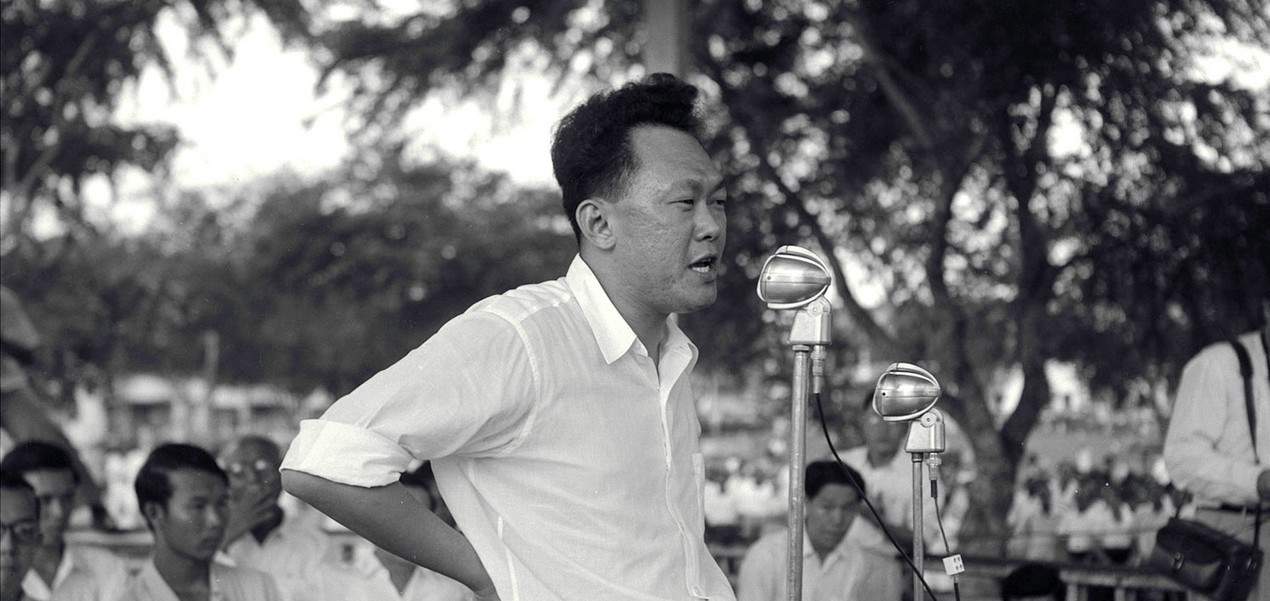2016 marks the 51st year of Singapore’s independence. It is also the first year since the passing of one of Singapore’s founding fathers, Lee Kuan Yew.
Lee Kuan Yew will always be remembered for being the first prime minister of Singapore and the leader of the People’s Action Party. But what is not as well known is his journey as a law student and a lawyer. Here are some things that you might not have covered in your history lessons.
1. In a different world, Lee Kuan Yew could have been a Professor of Law
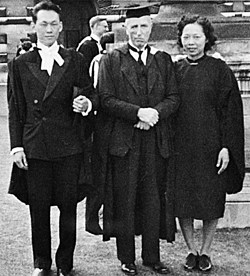
Lee Kuan Yew studied Law at Fitzwilliam College at Cambridge University. He did very well and managed to graduate with First Class Honours for both parts of the final exams. He even managed to get a starred first (like an A+ instead of an A) for Part II Law in 1949.
In that examination, he did better than two of his schoolmates who later became Professors of Law in Cambridge. Lee Kuan Yew was then called to the Bar at the Middle Temple in 1950 and would most certainly have had a bright future in academia if he was based in the United Kingdom. But he chose instead to return to Singapore and the rest, as they say, is history.
2. Lee Kuan Yew founded a successful law firm that still exists today
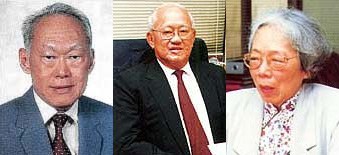
In 1955, 4 years after he was called to the bar, Lee Kuan Yew, along with Kwa Geok Choo (his wife) and brother (Lee Kim Yew) founded Lee & Lee.
Lee & Lee started as a small practice that did major work involving representation of trade unions. Fast forward to today, Lee & Lee is one of Singapore’s leading law firms with over 200 lawyers and support staff members. It also handles matters ranging from Banking, Litigation, Corporate Issues to Real Estate matters.
3. Lee Kuan Yew would often not charge his clients for the work he did
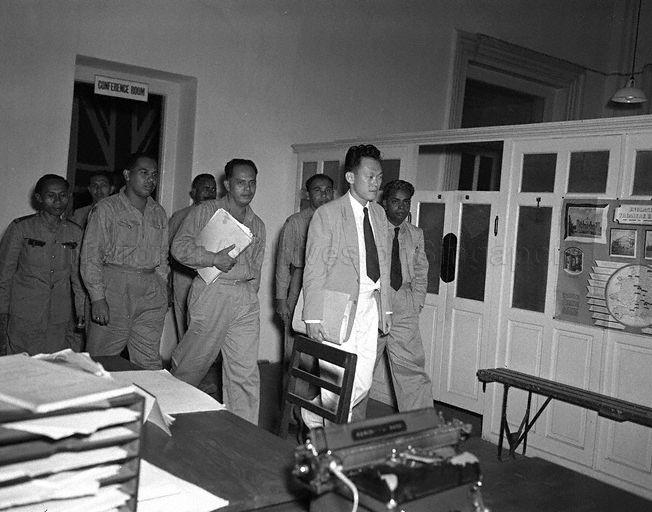
Credit: Singapore Press Holdings
In the early years of his career, Lee Kuan Yew’s customers were mainly the unionists. He served as a legal advisor and worked with a whole variety of unions. To just name a few, he was the legal advisor for the Singapore Itinerant Hawkers and Stalls Association, the Singapore Chinese Liquor Retailer’s Association and even the Amalgamated Malayan Pineapple Workers’ Union.
A famous case he handled was the dispute between the Singapore Post and Telegraph Uniformed Staff Union and the colonial authorities in 1952. He took on the case even though it happened a few days before the birth of his first child, Lee Hsien Loong and accepted the case without charging for any fees.
As noted by the Prof Simon Chesterman in a speech in 2010, “[Lee Kuan Yew’s] early clients were often trade unions and associations, meaning that he earned considerably less than he could have as a lawyer. When the cause was worthy and the clients needy, he waived his fees entirely …”
4. As Prime Minister, Lee Kuan Yew cared deeply about the rule of law and promoted legal education
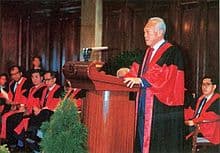
Although Lee Kuan Yew stopped practising law in 1959 after he became Prime Minister in 1959, he was still very involved in the development of Singapore’s legal system and legal profession.
As noted by our current Chief Justice, Sundaresh Menon “In Mr Lee’s vision for Singapore, the strength and vitality of the legal system, including first-rate law schools, a strong and able profession and an outstanding legal service led by a free, independent and incorrupt judiciary, were matters of the first importance,”
Besides ensuring a strong and transparent legal system, Lee Kuan Yew also focused on making sure that lawyers continued to learn and develop. He believed that it was important for the senior members of the legal community to mentor younger lawyers. All this led to the opening of the Singapore Academy of Law (SAL), an organization that aims to increase legal knowledge amongst lawyers and promote Singapore as a legal hub to the world.
The SAL still exists today and it has grown from a membership organization to a fully self-funded statutory body that is behind many of the current legal developments in Singapore.
Celebrating Lee Kuan Yew the lawyer
Lee Kuan Yew was passionate about access to justice. He readily represented the unions even though they did not have the financial means to pay him for his work. Although he could have chosen to build his personal wealth, he chose to focus on meaningful causes and to do it for the public good. As Prime Minister, he was similarly focused on ensuring the quality of our legal system.
As we celebrate Singapore’s 51st Birthday, let us also celebrate the fact that access to justice in Singapore has improved tremendously. There are over 4000 lawyers in Singapore and various pro bono support schemes for Singaporeans everywhere. For that, we owe a huge thank you to Lee Kuan Yew.
This article is written by Seah Ern Xu from Asia Law Network.
This article does not constitute legal advice or a legal opinion on any matter discussed and, accordingly, it should not be relied upon. It should not be regarded as a comprehensive statement of the law and practice in this area. If you require any advice or information, please speak to practicing lawyer in your jurisdiction. No individual who is a member, partner, shareholder or consultant of, in or to any constituent part of Interstellar Group Pte. Ltd. accepts or assumes responsibility, or has any liability, to any person in respect of this article.
